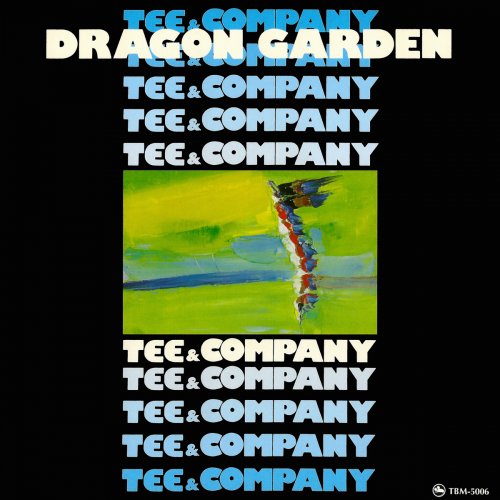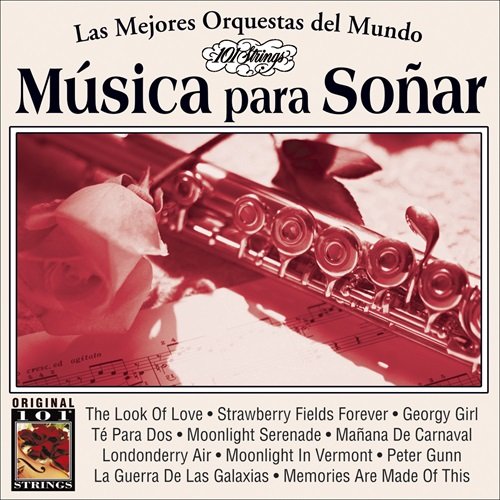Henry Gray - Blueshouse (1996)
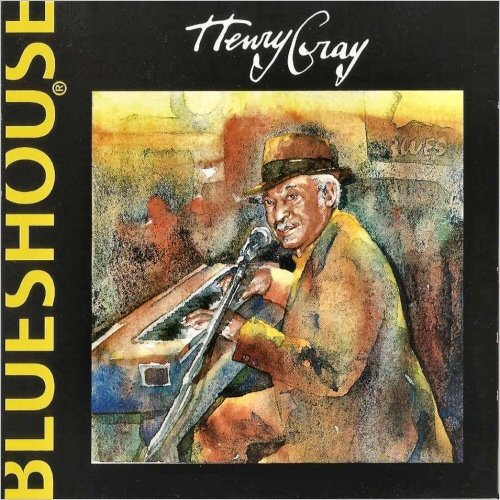
Artist: Henry Gray
Title: Blueshouse
Year Of Release: 1996
Label: Blueshouse Productions
Genre: Chicago Blues, Piano Blues
Quality: FLAC (tracks) | MP3 320 kbps
Total Time: 42:24
Total Size: 226 MB | 103 MB
WebSite: Album Preview
Tracklist:Title: Blueshouse
Year Of Release: 1996
Label: Blueshouse Productions
Genre: Chicago Blues, Piano Blues
Quality: FLAC (tracks) | MP3 320 kbps
Total Time: 42:24
Total Size: 226 MB | 103 MB
WebSite: Album Preview
1. I'm Talking About You (3:07)
2. When Things Go Wrong (3:37)
3. Raided That Joint (3:11)
4. Things Have Changed (3:08)
5. Mojo Boogie (1:56)
6. It Ain't No Use (4:13)
7. Come On In (2:39)
8. How Long? (3:28)
9. Shake A Hand (4:24)
10. Love With A Feeling (4:00)
11. Everybody's Fishin' (2:33)
12. Dont't Start That Stuff (3:04)
13. Henry's Boogie (2:58)
Louisiana-based pianist and singer Henry Gray has a career in American roots music that goes back more than 60 years. Gray was born January 19, 1925, in Kenner, LA, now a suburb of New Orleans. He grew up in Alsen, LA, a few miles north of Baton Rouge. Henry began playing piano as an eight-year-old, and he learned from the radio, recordings, and Mrs. White, an elderly woman in his neighborhood. As a youngster, he began playing piano and organ in the local church, and his family eventually got a piano for the house. While blues playing was not allowed in his parents' home, Henry was encouraged to play blues at Mrs. White's house, and by the time he was 16 he was asked to play at a club near the family home in Alsen. After he told his father, his father insisted on going with him, and once he saw that little Henry made decent money playing blues, he had no ethical or moral problems with his son playing blues piano.
After a stint in the Army in the South Pacific in World War II, Henry relocated to Chicago where he had relatives. After arriving in Chicago in 1946, Gray began hanging out in the bustling postwar club scene there, checking out the Windy City's best piano players. One day while he was sitting in at a club, he caught the attention of Big Maceo Merriweather, then a big fish in a small pond of Chicago piano players. Merriweather kindly took Gray under his wing and showed him around the city's blues clubs, and he got to know stars of the scene, including Muddy Waters and Howlin' Wolf. In 1956 Wolf asked Henry to join his band. Gray quickly accepted the offer and stayed on as Wolf's primary piano player until 1968. Gray also became a session player for other recordings made by Chess Records, and over the years he has recorded with many icons of the blues. In addition to Wolf, Gray has recorded or performed with Robert Lockwood Jr., Billy Boy Arnold, Muddy Waters, Johnny Shines, Hubert Sumlin, Lazy Lester, Little Walter Jacobs, Otis Rush, Buddy Guy, James Cotton, Little Milton Campbell, Jimmy Rogers, Jimmy Reed, and Koko Taylor, among others. Although Howlin' Wolf did not pass away until 1976, Gray left Wolf's band in 1968, following the death of his father, and returned to Alsen to assist his mother with the family fish market business. Gray worked with the East Baton Rouge Parish School Board as a roofer for the next 15 years.
In the past 30 years, since he's been back in Louisiana, Gray has performed at nearly every New Orleans Jazz and Heritage Festival as well as other prestigious gatherings, including the Montreal Jazz Festival, the Chicago Blues Festival, and the San Francisco Blues Festival. In 1999 he was nominated for a Grammy for his playing on the Tribute to Howlin' Wolf album released by the Cleveland-based Telarc label, and in 1998 he was handpicked by Mick Jagger himself to play Jagger's 55th birthday soiree in Paris, along with a few other noted blues musicians. Having spent so much of his life as a sideman, Gray's recordings under his own name were few and far between, but that all began to change in the 1990s. Gray's recordings include Lucky Man for Blind Pig in 1988; Louisiana Swamp Blues, Vol. 2 for Wolf Records in 1990; Watch Yourself in 2001 for Lucky Cat; Henry Gray Plays Chicago Blues for Hightone Records in 2001; and the Henry Gray and the Cats CD and DVD sets for the Lucky Cat label in 2004. ~Richard Skelly
After a stint in the Army in the South Pacific in World War II, Henry relocated to Chicago where he had relatives. After arriving in Chicago in 1946, Gray began hanging out in the bustling postwar club scene there, checking out the Windy City's best piano players. One day while he was sitting in at a club, he caught the attention of Big Maceo Merriweather, then a big fish in a small pond of Chicago piano players. Merriweather kindly took Gray under his wing and showed him around the city's blues clubs, and he got to know stars of the scene, including Muddy Waters and Howlin' Wolf. In 1956 Wolf asked Henry to join his band. Gray quickly accepted the offer and stayed on as Wolf's primary piano player until 1968. Gray also became a session player for other recordings made by Chess Records, and over the years he has recorded with many icons of the blues. In addition to Wolf, Gray has recorded or performed with Robert Lockwood Jr., Billy Boy Arnold, Muddy Waters, Johnny Shines, Hubert Sumlin, Lazy Lester, Little Walter Jacobs, Otis Rush, Buddy Guy, James Cotton, Little Milton Campbell, Jimmy Rogers, Jimmy Reed, and Koko Taylor, among others. Although Howlin' Wolf did not pass away until 1976, Gray left Wolf's band in 1968, following the death of his father, and returned to Alsen to assist his mother with the family fish market business. Gray worked with the East Baton Rouge Parish School Board as a roofer for the next 15 years.
In the past 30 years, since he's been back in Louisiana, Gray has performed at nearly every New Orleans Jazz and Heritage Festival as well as other prestigious gatherings, including the Montreal Jazz Festival, the Chicago Blues Festival, and the San Francisco Blues Festival. In 1999 he was nominated for a Grammy for his playing on the Tribute to Howlin' Wolf album released by the Cleveland-based Telarc label, and in 1998 he was handpicked by Mick Jagger himself to play Jagger's 55th birthday soiree in Paris, along with a few other noted blues musicians. Having spent so much of his life as a sideman, Gray's recordings under his own name were few and far between, but that all began to change in the 1990s. Gray's recordings include Lucky Man for Blind Pig in 1988; Louisiana Swamp Blues, Vol. 2 for Wolf Records in 1990; Watch Yourself in 2001 for Lucky Cat; Henry Gray Plays Chicago Blues for Hightone Records in 2001; and the Henry Gray and the Cats CD and DVD sets for the Lucky Cat label in 2004. ~Richard Skelly
![Joe Pass - Virtuoso (1974) [2025 DSD256] Joe Pass - Virtuoso (1974) [2025 DSD256]](https://www.dibpic.com/uploads/posts/2026-02/1771609997_ff.jpg)
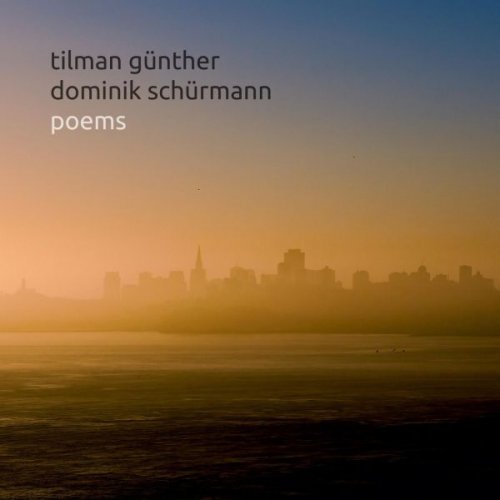
![Matt Monro - Matt Sings Monro (Live at the BBC, Remastered 2023) [Hi-Res] Matt Monro - Matt Sings Monro (Live at the BBC, Remastered 2023) [Hi-Res]](https://www.dibpic.com/uploads/posts/2026-02/1771586614_k3yj19donljhc_600.jpg)
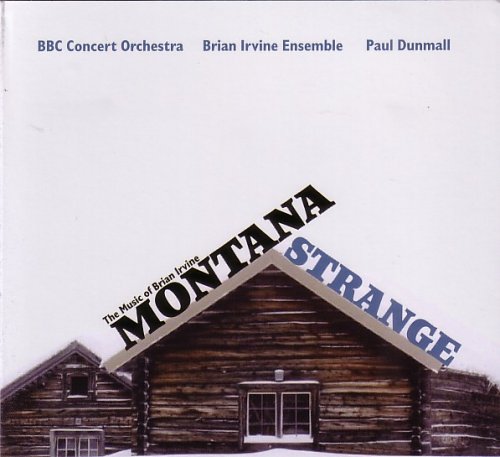
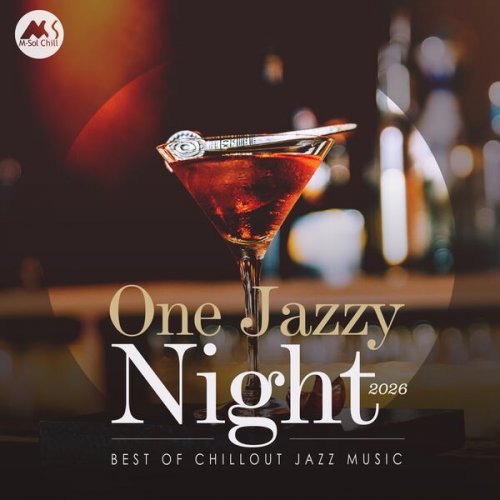
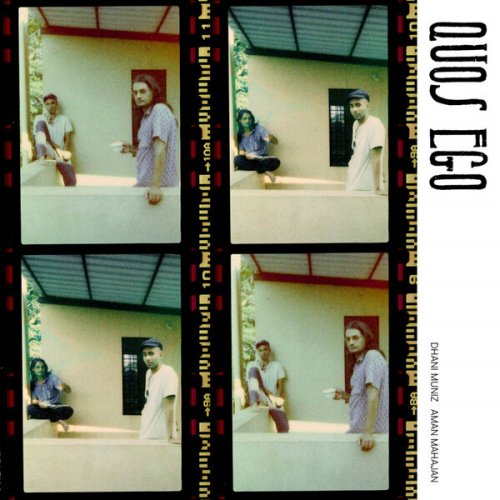
![Chris Forsyth's WHAT IS NOW - Both / And (2026) [Hi-Res] Chris Forsyth's WHAT IS NOW - Both / And (2026) [Hi-Res]](https://www.dibpic.com/uploads/posts/2026-02/1771839412_cover.jpg)
